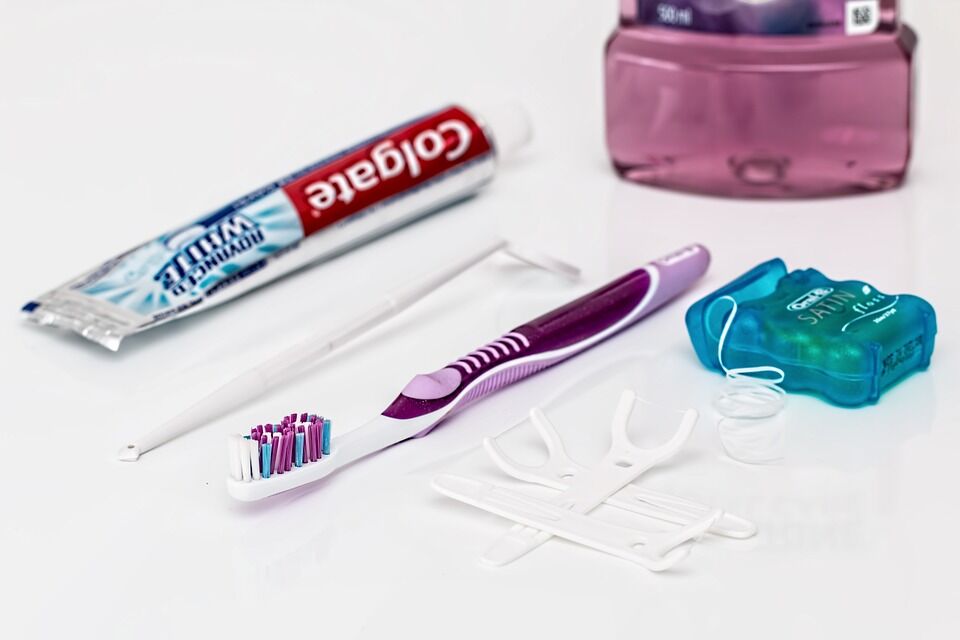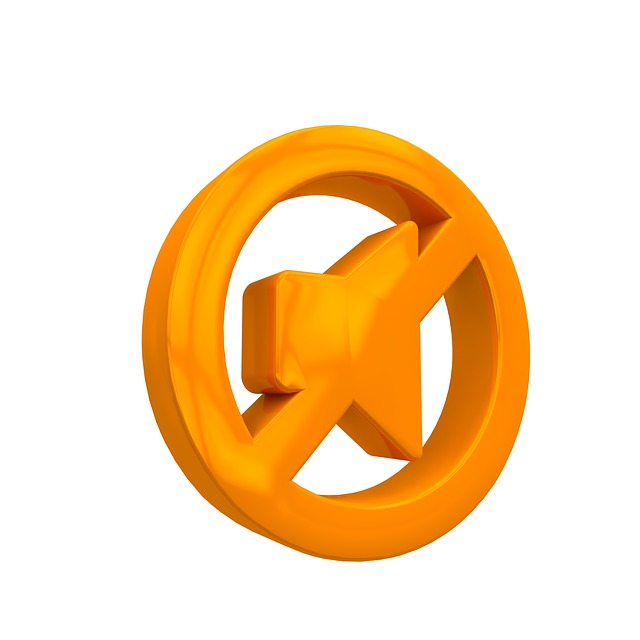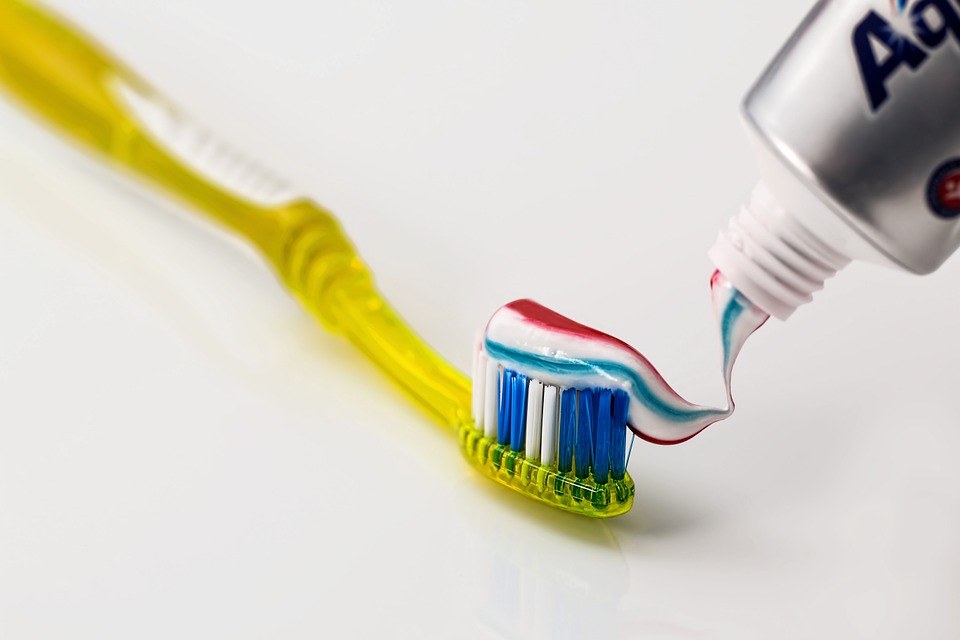Even a healthy mouth is lined with bacteria. Normally, your daily oral hygiene routine helps prevent oral health complications. However, it is possible to develop an excess of bacteria and fungi, which can lead to additional problems. Here’s what you should know about oral thrush and what you can do to prevent it.

What is it?
Oral thrush is caused by a collection of the fungus Candida in your mouth. Bacteria and fungi occur naturally in your mouth, but it is important that they are not permitted to build up. Thrush can appear as white, thick scrapes on your tongue or inner cheek. It may also look like patchy, white sores.
Who does it affect?
Young children, infants, and the elderly are at a higher risk of developing oral thrush. If you have a weakened immune system or diabetes, it is even more important that you stay active to keep your mouth healthy and prevent issues like oral thrush. Smokers also tend to develop oral thrush more than other patients.
What can it do?
Oral thrush can lead to trouble swallowing and tasting. As it develops, it can become painful. Oral thrush can make affected areas feel like they are burning, and slight bleeding can occur if you are scraping your tongue or cheeks. Some describe the feeling as having cotton in their mouth.
Thrush can spread. If you have a weakened immune system, it is possible that thrush moves into your lungs, digestive tract, and even your heart.
How can I prevent It?
Our best recommendation for preventing oral thrush is a vigilant daily oral hygiene routine that includes a thorough brushing and flossing of your teeth, and includes your tongue. We sometimes recommend a patient use a tongue scraper to clean your tongue. Just like brushing your teeth, your tongue depends on daily cleaning to stay healthy and free of germs and bacteria.
The American Dental Association recommends that for some patients it might be helpful to consider an antimicrobial toothpaste or mouthwash. Check with our doctor to see which solutions might be best for you.
We cannot overstate the importance of regularly scheduled dental exams. If you are a diabetic, it is even more important that you schedule regular visits to our office. By having your mouth checked by our staff, we can work with you to prevent oral health issues like thrush.
For more tips on keeping your mouth healthy or to schedule your next visit, please contact our office.
Gardner Family Dentistry Phone: (256) 533-1435 Url: https://huntsvilleal.dentist/ 107 Marsheutz Ave. Huntsville , AL 35801








 Between Halloween and Christmas, there are numerous tasty treats and foods to enjoy. For many people, food is the highlight of the holiday season. However, certain foods and candies are particularly damaging to your teeth. If you want to keep your smile looking healthy into the new year, here are some tips.
Between Halloween and Christmas, there are numerous tasty treats and foods to enjoy. For many people, food is the highlight of the holiday season. However, certain foods and candies are particularly damaging to your teeth. If you want to keep your smile looking healthy into the new year, here are some tips. White spots on your teeth can be irritating and affect how you feel about your smile. The good news, however, is that they are preventable and rarely cause for concern. Here are things you should know about what causes white spots, how to prevent them, and what options are available should you already have them.
White spots on your teeth can be irritating and affect how you feel about your smile. The good news, however, is that they are preventable and rarely cause for concern. Here are things you should know about what causes white spots, how to prevent them, and what options are available should you already have them.




